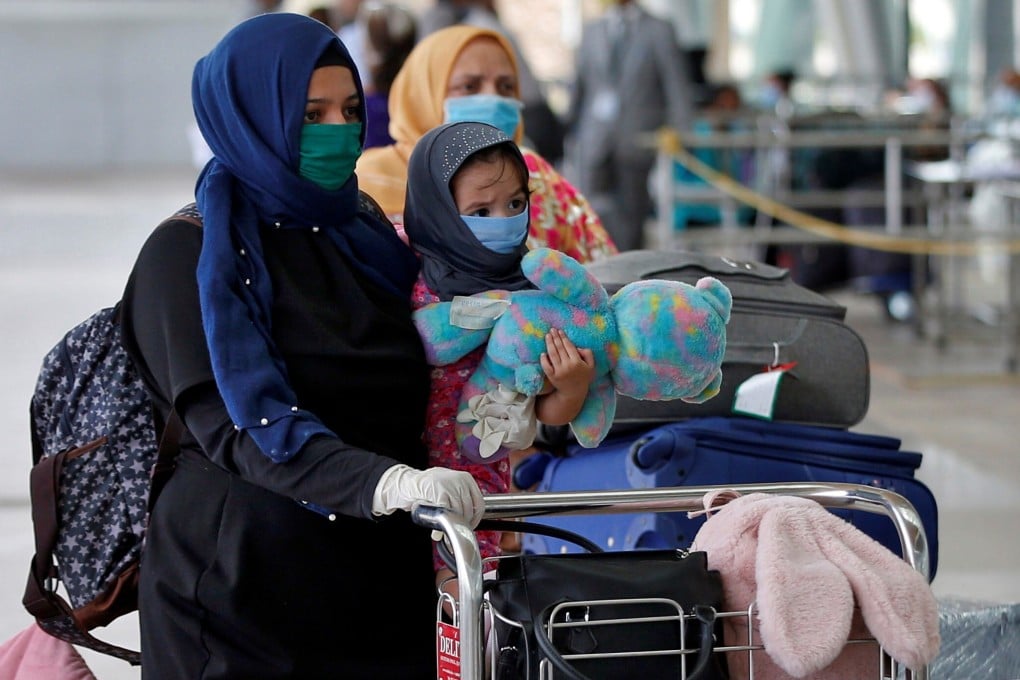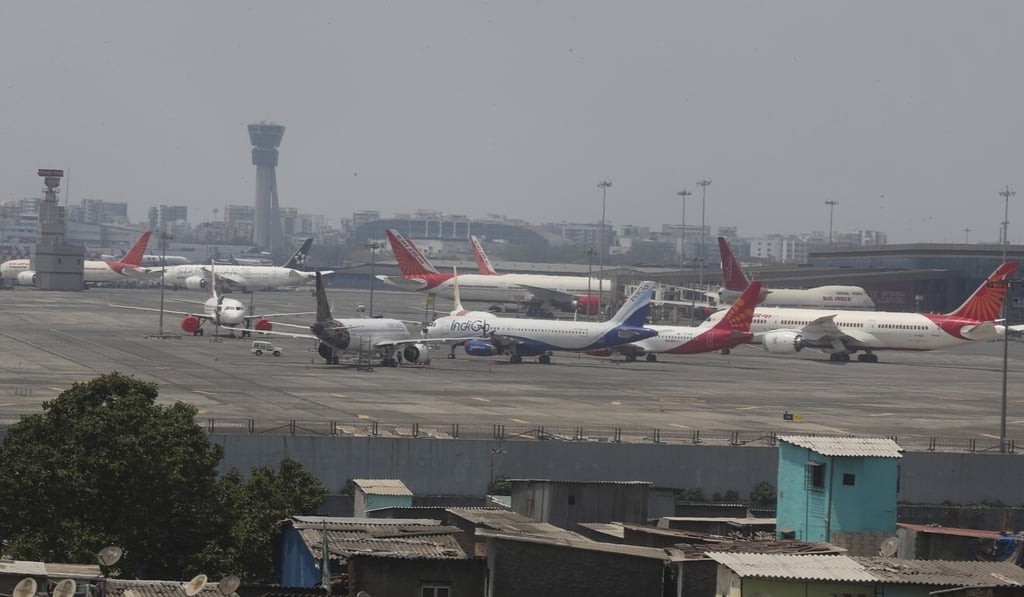How India’s coronavirus border closures and lockdown affected Indians travelling overseas
- Thousands of Indian citizens and residents are stranded overseas after the government closed borders and implemented a strict lockdown
- The short notice given for these measures meant many people had no time to make alternative plans, and are now separated from their loved ones

This was impossible for Pariat, because, as far as she knew, the only way to get tested was if you were showing symptoms.

India, however, went a different way. On March 11, it suspended all foreign visas except for diplomatic, official, United Nations/international organisations, employment and project visas. This suspension included the “visa free” entry privileges of Overseas Citizen of India (OCI) card holders – people with Indian heritage and foreign passports who continue to have close ties with the country. India does not allow dual citizenship.
Then, in an unprecedented move, India on March 18 closed its borders to its own citizens flying in from Europe, including the UK and Turkey, leaving thousands stranded overseas and unable to return home.